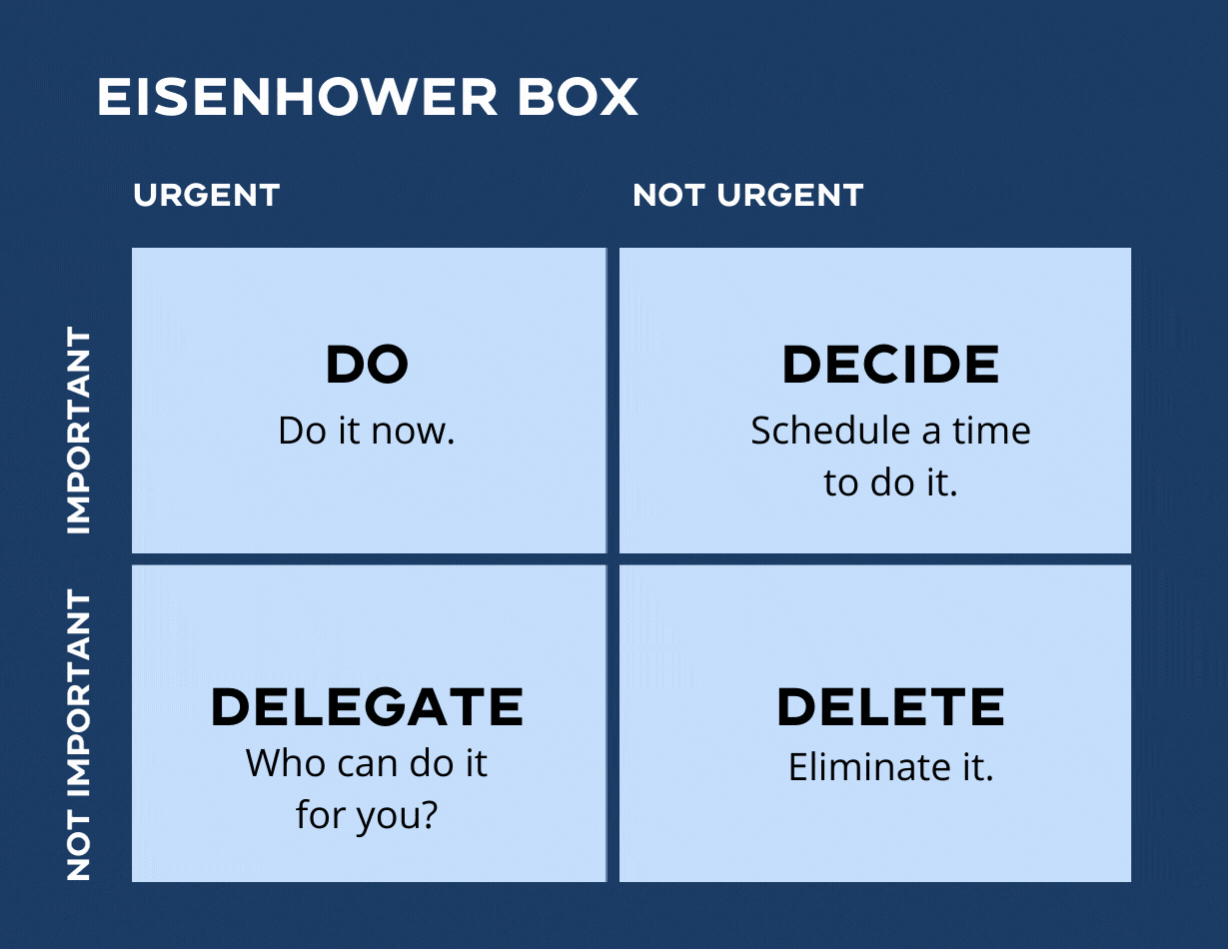The Eisenhower Box
What Is Important Is Seldom Urgent And What Is Urgent Is Seldom Important
What’s The Story Behind The Eisenhower Box?
The Eisenhower Box also referred to as The Eisenhower Matrix is a time management and decision-making model devised by President Dwight Eisenhower to help him prioritize and address the many high-stakes issues he had to deal with as a US Army general, Supreme Allied Commander of NATO Forces, and as president of the United States.
This model came to prominence after it was popularised by Stephen Covey in his book The 7 Habits of Highly Effective People and it helps you determine which tasks should be:
-
Prioritized and acted upon now - by you. These tasks have clear deadlines and significant consequences if not completed in a timely manner- and require your attention. Once these are dealt with you address the scheduled important tasks.
- Scheduled. These are tasks that are important to your long term goals but do not have a pressing deadline.
- Delegated and outsourced to a third party. These are tasks that do not need your attention and can be delegated
- Scrapped and deleted. These are tasks that are a distraction and do not value becuase they are not aligned to your key objectives.
The Eisenhower Box has two key elements that are not always present in other time management tools:
[1] It distinguishes between what is urgent and what is important.
Eisenhower subscribed to the view that what is important is seldom urgent, and what is urgent is seldom important.
- Urgent tasks
are time-sensitive - or we are pressured to think that they are. These are invariably tasks such as
replying to emails or filling out forms. Unless we use some system to prioritise our time and energy, these are invariably the tasks we focus on first, and these are the things that sap our time and energy.
- Important
tasks are usually more complex and strategic tasks. These are tasks that are
aligned with our long term goals and objectives. We often procrastinate these tasks because we feel daunted by them and also because we fear failing. The net effect of all this is that when we finally get round to then we have less brain power and energy, and are thus less well equipped to address them.
[2] It has a ‘delete’ option.
- The most effective way to get things
done is by getting rid of unnecessary tasks. We may deceive ourselves that we are being productive
when we do everything on out "to do" list, but the Eisenhower Box forces us to ask the
difficult question:
- Do I really need to do this? Is this task really aligned with my long vision? Will this task benefit my long-term goals?
Applying The Eisenhower Box
I have no issue with the idea of the The Eisenhower Box and I think it is a disciplined way of organsing yourself, BUT I feel it needs more refinement to be really useful and applicable in the situation and circumstances that most of us operate in.
In the very senior
positions that Eisenhower held he would have had teams of secretarial,
admin and support staff. Also, he lived in the pre-digital age and thus had neither the benefit nor the distractions of digitisation.
Whereas we:
- Do not have the benefit of all that manual support.
- Are innundated with emails and electronic messages - especially those of us who work in the corporate world.
- Are more accessible and operate in a 24/7 environment where rapid - if not instant - response is expected.
- Live in an age of information over-load.
- Have access to more information than we can possibly handle yet we frequently struggle to find the signal in the noise.
Typical issues you may face:
- You have no process in place for getting things done
- You waste so much time and energy thinking about and worrying about not getting things done.
- Without a reminder system external to your brain you will forget and stress it further
How to prepare to apply The Eisenhower Box:
[1] Getting Things Done - First 2 Steps
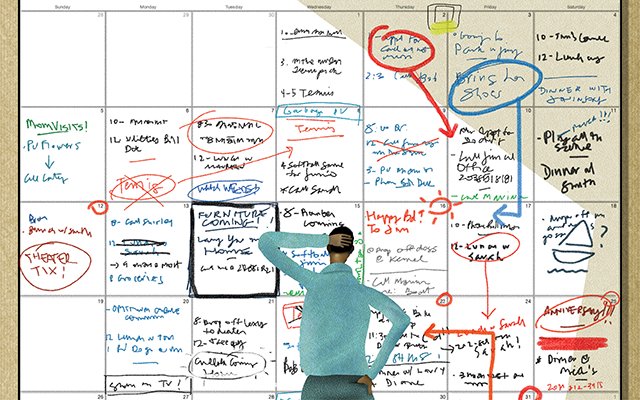
In Getting Things Done productivity expert David Allen sets out five clear steps that can help you apply order to chaos, and I want to highlight the first 2 steps here that you will helpful before you start to apply the eisenhower box:
1. CAPTURE - Collect what has your attention - write, record, or gather any and everything that has your attention into a collection tool.
It’s hard to prioritise until you have taken stock of everything you have to do. So, in this first step, you’ll brain-dump all of your current obligations onto paper, a Google Doc or whatever platform you feel comfortable using.
The absolute rule is get everything out of your head, as David Allen says: “your head is a crappy office.”
2. CLARIFY - Process what it means. Is it actionable? If so, decide the next action. If not, decide if it is trash, reference, or something to put on hold.
Clarify everything you have to do. What is the outcome? Is there a next actionable step? If there isn't one then you need to do one of three things:
- Trash it.
- Store it in a someday/maybe list.
- File it for reference when needed.
If there’s an action to take, then what is it and what category does it belong in on the eisenhower box?
How to decide WHAT to "DO" [what is important]:
[2] What Is The One Thing?
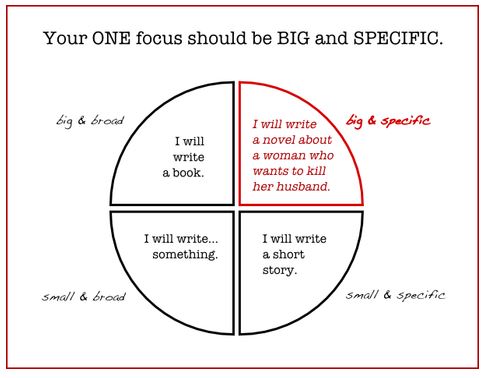
The One Thing is a process for:
- Focusing your attention and your actions on the achievement of the one big thing you want to achieve.
- Narrowing your present focus down to the one next step you must take to progress you towards that one big thing.
Not everything matters equally
“The things which are most important don’t always scream the loudest.”
Without a clear sense of focus on the one big thing that we are working to achieve many things can feel urgent and important, and everything seems equal.
Activity and being busy is not the productive unless it is undertaken from a clear sense of priority.
"Achievers always work from a clear sense of priority."
The EXECUTION and TIMING of what to "DO" [what is important]:
[3] Deep Work - Producing At Your Peak Level With Full Concentration For 2-3 Hours Per Day
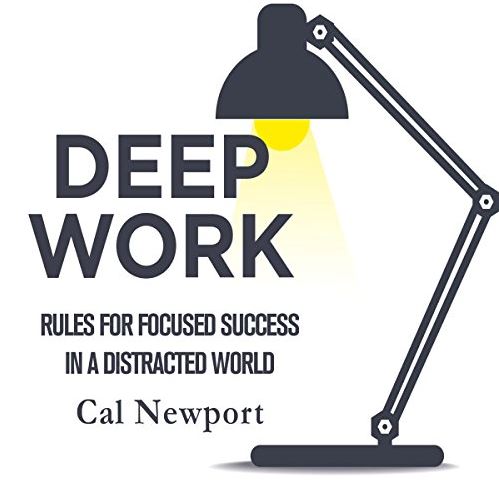
Deep Work is a reframing for the millenial digitally distracted age of the good old fashioned discipline of applied concentration.
The phrase "Deep Work" was coined by Cal Newport who is a computer science professor at Georgetown University and he positions deep work as:
“Professional activities performed in a state of distraction-free concentration that push your cognitive capabilities to their limit. These efforts create new value, improve your skill, and are hard to replicate.”
“To produce at your peak level you need to work for extended periods with full concentration on a single task free from distraction.”
I have read various studies and anecdotal empirical evidence that suggest:
- We are capable of 2 -3 hours concentrated deep work per day
- The best time of day to do this is first thing in the morning when our energy levels are highest.
How to decide WHAT to "DELETE" [what is not urgent and not important]:
[4] The Art Of Saying No
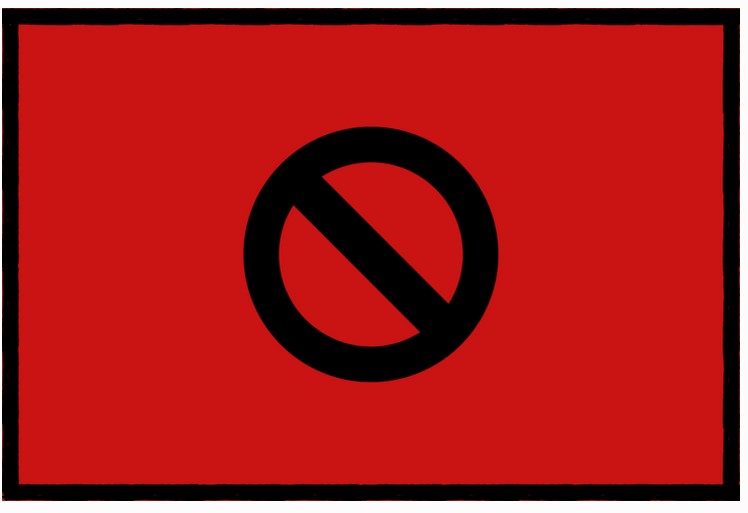
The Art Of Saying No is about WHY you need to practise the art of saying no.
When you are clear about the "Why?" then the "How?" will follow because you will have the motivation.
There are 3 big questions that will help you clarify why you should said no:
- What is your core desire? Why are you here? What is your direction of travel?
- What is your point of focus? Are you clear on what you want out of life?
- What is your life purpose? If you knew you were going to die tonight and you were given a few minutes to reflect before that happened, what would you say was the meaning of your life?
When you are clear about these core personal motivational drivers it you will have greater clarity about what is and is not important to you.
Time is your most important asset. It can’t be replenished, it can’t be stored for use later, and once it’s gone… it’s gone for good.
That’s why you have to learn to say NO. If you don’t, other people’s priorities will become yours. And you’ll constantly wonder why you don’t have enough time or energy to build something for yourself.
As Warren Buffett has said:
“The difference between successful people and really successful people is that really successful people say no to almost everything.”
The Power Of No: Why You Need To Say “No” More
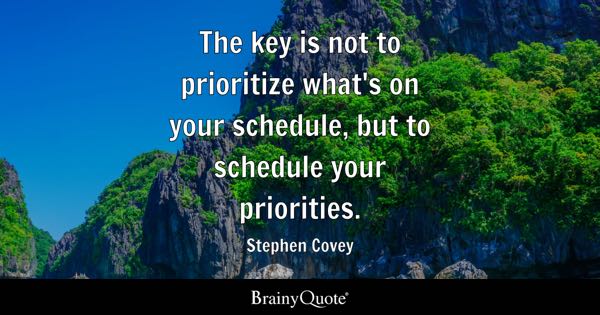
Further Reading:
Just Do It - A Call To Action And Getting Started
Atomic Habits - Tiny Changes Remarkable Results Over Time
Playing The Long Game - Delay Gains Now To Get More Later
Cognitive Distortions - The Psychology of Human Misjudgment
Next Article: Dealing With The Toxicity Of Online Dating
Return from "The Eisenhower Box" to: Walking The Talk
LATEST ARTICLES
Living in Survival Mode Without Surrendering Mental Authority
Living in Survival Mode Without Surrendering Mental Authority
 Clear Thinking When You’re Just Trying to Stay Afloat. Many people today are overwhelmed because they are living in survival mode - not temporarily, but as a persistent condition of life. For many, th…
Clear Thinking When You’re Just Trying to Stay Afloat. Many people today are overwhelmed because they are living in survival mode - not temporarily, but as a persistent condition of life. For many, th…Manifestation Without Magic: A Practical Model
 Manifestation without magic is not a softer or more intellectual version of popular manifestation culture. It is a different model altogether. Popular manifestation teachings tend to frame reality as…
Manifestation without magic is not a softer or more intellectual version of popular manifestation culture. It is a different model altogether. Popular manifestation teachings tend to frame reality as…Staying Committed When You Can't See Progress - The Psychology of Grit
 Uncertainty Is Not The Absence Of Progress, Only The Absence Of Reassurance. One of the most destabilising experiences in modern life is not failure, but uncertainty and staying committed when you can…
Uncertainty Is Not The Absence Of Progress, Only The Absence Of Reassurance. One of the most destabilising experiences in modern life is not failure, but uncertainty and staying committed when you can…The Battle For Your Mind - How To Win Inner Freedom In A Digital Age Of Distraction
 From External Events to Inner Events. We often think of “events” as things that happen out there: the traffic jam, the rude comment, the delayed email reply. But what truly shapes our experience is wh…
From External Events to Inner Events. We often think of “events” as things that happen out there: the traffic jam, the rude comment, the delayed email reply. But what truly shapes our experience is wh…How to See Your Thoughts Without Becoming the Story
 A Practical Guide to Thought-Awareness. You can spend your life inside the stories of your mind without ever learning how to see your thoughts clearly and objectively. Most of the stuff we tell oursel…
A Practical Guide to Thought-Awareness. You can spend your life inside the stories of your mind without ever learning how to see your thoughts clearly and objectively. Most of the stuff we tell oursel…The Collison Decision Matrix - A Simple Framework for Better Choices
 The Collison Decision Matrix Is A Practical Everyday Thinking Tool. Most of us spend a surprising amount of time worrying about decisions. From small ones such as what to wear, what to eat, what to te…
The Collison Decision Matrix Is A Practical Everyday Thinking Tool. Most of us spend a surprising amount of time worrying about decisions. From small ones such as what to wear, what to eat, what to te…The Power Of Asking The Right Question
 The Power Of Asking The Right Question Lies In The Quest For Insight. To experience the power of asking the right question you must develop the practice of asking questions. The best way to improve th…
The Power Of Asking The Right Question Lies In The Quest For Insight. To experience the power of asking the right question you must develop the practice of asking questions. The best way to improve th…Site Pathways
 Here is a site pathway to help new readers of Zen-Tools navigate the material on this site. Each pathway is based around one of the many key themes covered on this site and contain a 150 word introduc…
Here is a site pathway to help new readers of Zen-Tools navigate the material on this site. Each pathway is based around one of the many key themes covered on this site and contain a 150 word introduc…How To Live With Contradiction - Beyond Thought Let Stillness Speak
 A major impact on so many peoples' lives is the situational contradiction of unfilled realistic expectations. So where does all this leave us? Well here we are, with mental equipment that is more lim…
A major impact on so many peoples' lives is the situational contradiction of unfilled realistic expectations. So where does all this leave us? Well here we are, with mental equipment that is more lim…How To Trust The Process Of Mindfulness - Right Now
 In mindfulness, the process isn’t some distant goal — it's what is happening right now. When we talk about how to trust the process of mindfulness the credibility of the process is heavily dependent…
In mindfulness, the process isn’t some distant goal — it's what is happening right now. When we talk about how to trust the process of mindfulness the credibility of the process is heavily dependent…Inner Mastery For Outer Impact - Mental Clarity For Effective Action
 Insights only matter if they translate into consistent action. In a world crowded with quick fixes and motivational soundbites, the theme “Inner Mastery for Outer Impact” calls us to something more e…
Insights only matter if they translate into consistent action. In a world crowded with quick fixes and motivational soundbites, the theme “Inner Mastery for Outer Impact” calls us to something more e…
